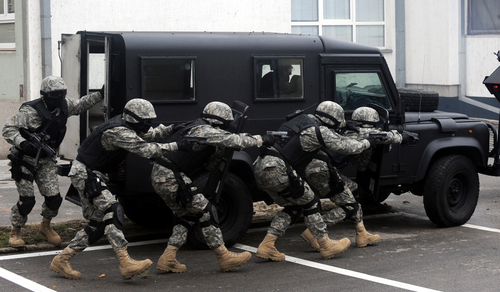I love Dan Pink's Drive
Dan Pink wrote a great book called Drive. It really is a fantastic read and I strongly recommend that you read it if you haven't.
In the book, he highlights that engagement is often a by-product of autonomy, mastery, and purpose. He's highlighting that everything we know about employment and motivation have changed over time.
He includes, to my joy, the open source movement (like how WordPress has been created)—where people come home from a full day of work, and then sit down and code some more—for free.
Yes, if you didn't know it, many people who contribute to open source projects do it for absolutely no money at all. Not just the coders. The people who write documentation. The testers. The people who work on roadmaps. The people who teach. The people who manage the forums.
They all volunteer their time. Not because they pay their bills in emotion or bitcoin. They still need money. But belonging, a sense of community, of purpose drives them.
As does mastery and autonomy.
So why am I disagreeing with Dan Pink?
I'm not really. See Dan was writing generically. He was writing about a common phenomenon that I've witnessed. So I agree with him. People want to work for more than just a paycheck. They want meaning.
And high performers love autonomy. None that I know, and none that I've researched, want to be micromanaged.
BUT… But it's not that simple.
You can't just put a bunch of high performing football players, basketball players, firemen, or SWAT into a situation and give them full autonomy (assuming they have the mastery and purpose clear).
High performers need roles and rules of engagement
When you send military or SWAT into an environment where they will engage the enemy, they don't just step into the zone. They have a clear (and articulated) assignment (sightlines, if you will) of where they can move and where they can shoot.
If they don't have that, they'll likely shoot each other.
When you put football players on the field, they come on with a clear (and well-practiced) assignment—called plays—where they know where to move and what to do.
If they don't have that, they'll likely run into each other.
When firemen arrive on a scene, they form a plan and articulate it to everyone in less than 2 minutes. It's incredible and worth learning about if you ever get a chance to interview a fire captain.
But they need that plan, those assignments, or they'll work counter-productively.
A big mistake people make after hiring high performers
The mistake I hear and see all the time is that companies hire high performers and then hope that their very presence will make things better.
But the data doesn't line up with that hope.
Not having a system, not having a structure, not having a clear and articulated plan leaves high performers more frustrated than just about anything else (except micromanaging).
So before you hire high performers, hoping that their mastery and your purpose and autonomy will take care of everything, make sure you have a plan or system for how they can help. Make sure you have a clear articulation of what it looks like for them to win.
Because high performers love achievement. They love winning. They love demonstrating their value. And that doesn't happen with just autonomy, mastery and purpose.
High performers need more.
Want to know more about developing a culture at work for your high performers? Here's my quick eBook on the topic.

